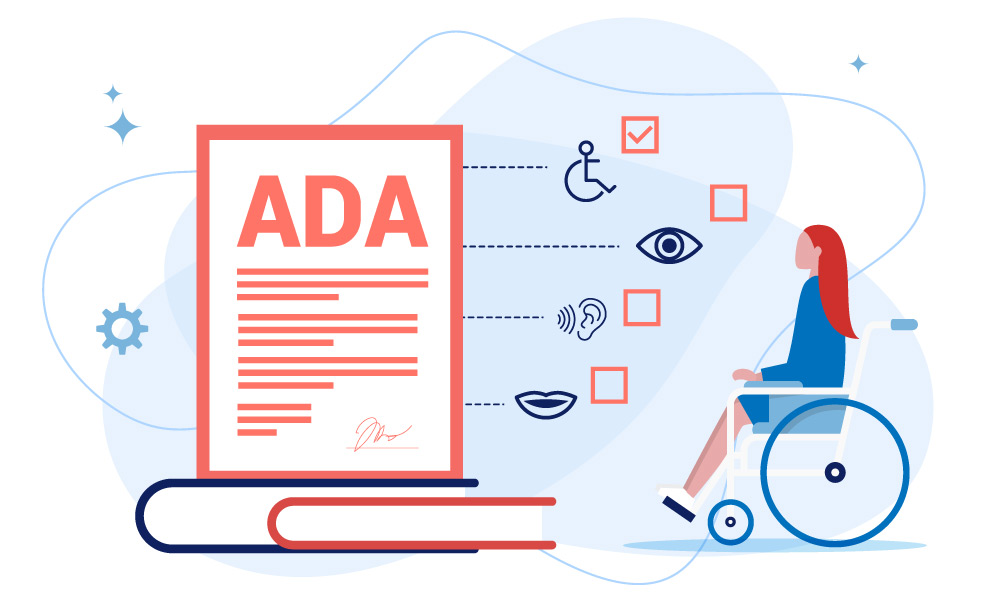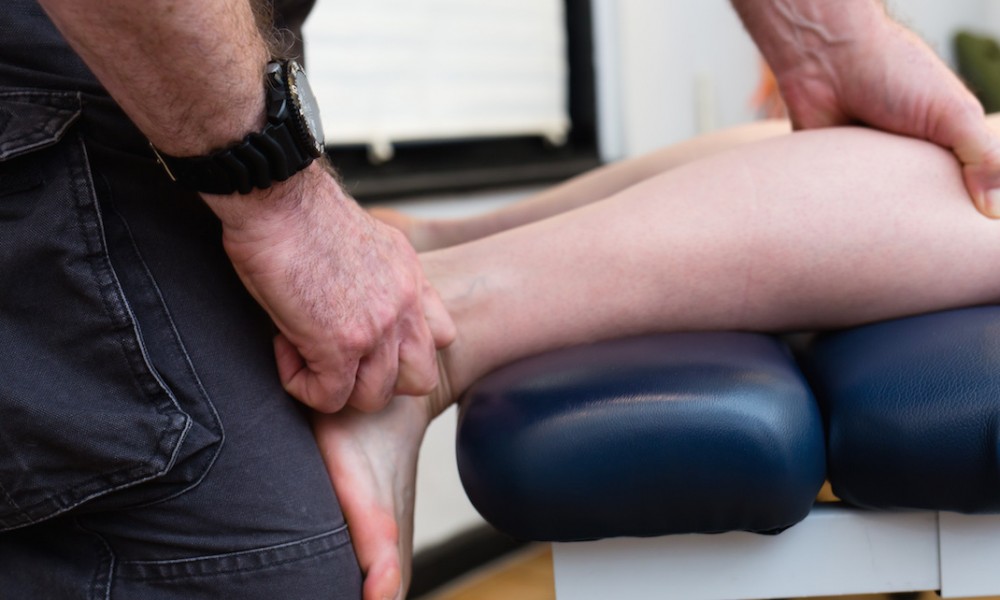Is alcoholism an impairment hindering a worker’s period of work? If that is the situation, now when was certainly an worker covered under it? Lately, a federal court in New You can gave a landmark decision where it listed lower precisely why a recovering alcoholic, the complaintant, didn’t come inside the purview to get “disabled”.

The Americans with Disabilities Act along with the Rehabilitation Act (ADA), has provisions that offer limited protection to employees, who’re dealing with their drug or alcohol dependence, from discrimination. The current situation, however, unsuccessful to fall inside the ambit within the ADA. James Manley, a recovering alcoholic, claimed he was discriminated against, and harassed at his workplace because they was dealing with his addiction to alcohol. Also, he claimed it had been subsequently due to his disability he was overlooked during promotions, denied a transfer plus it was assigned tasks that “nobody chosen over complete.” Legal court overlooked the claims introduced forward by Manley according to two points-he unsuccessful to exhibit a connection between his alcoholism along with the alleged harassment, anf the husband couldn’t prove that his alcoholism was considered an impairment underneath the ADA.
Court’s decision

Manley, an addiction counsellor assistant inside the New You can Condition Office of Alcoholism and Drug Abuse Services (OASAS), filed an impairment discrimination suit against his employer claiming he are actually harassed and discriminated against, which his employers gave him negative performance evaluations that “produced a hostile work atmosphere”.
While federal law recognizes alcoholism just as one “impairment”, legal court held that “greater than a real or mental impairment is needed to complement the saying disability” and just identifying yourself as disabled because he’s a “recovering alcoholic” isn’t sufficient. Additionally, Manley unsuccessful to discover his status as being a recovering alcoholic also it wasn’t capable of demonstrate that his condition substantially limited him from performing “major existence activities”.









